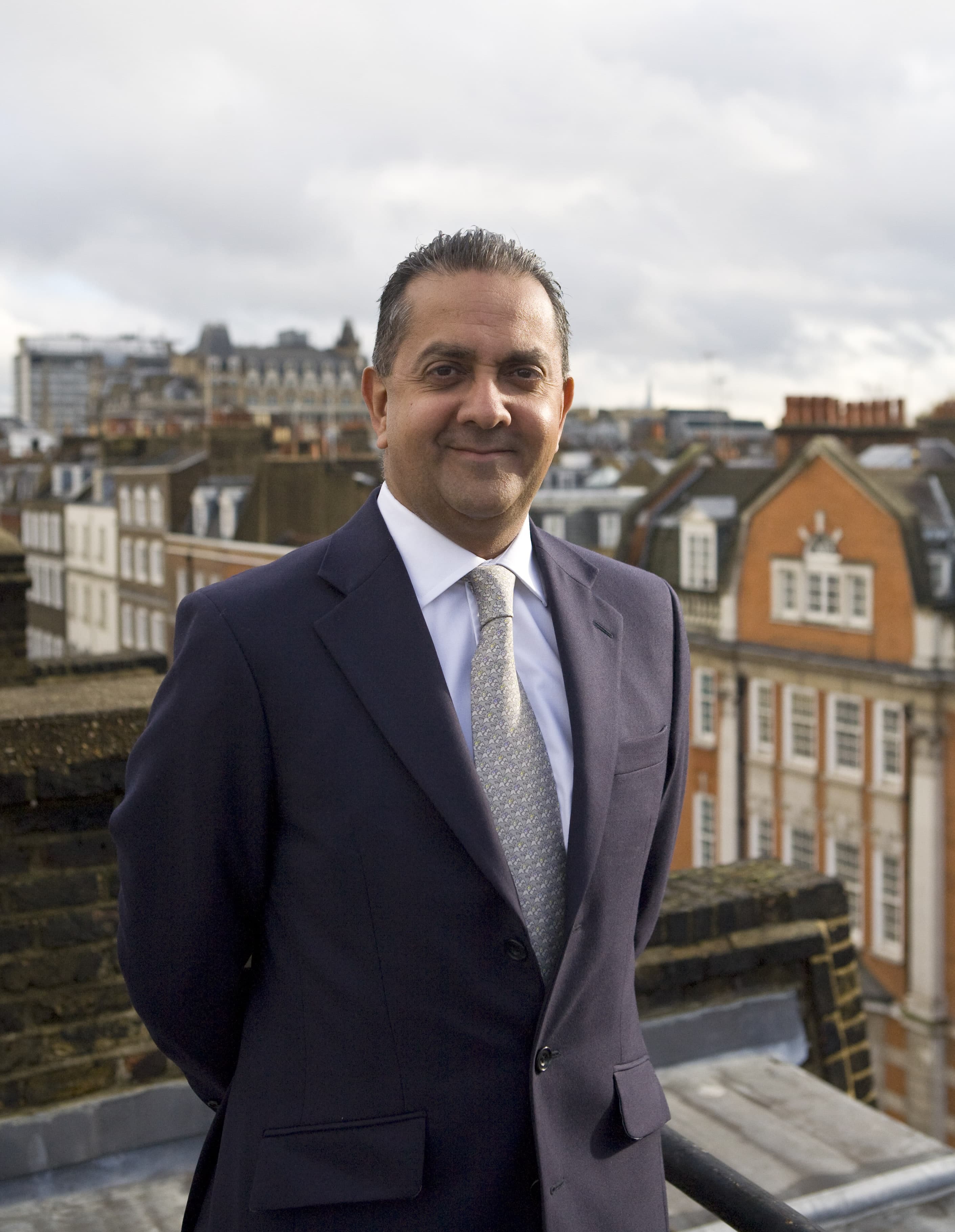
Jonathan Brewer, Managing Partner IS Prime
Jonathan Brewer and Raj Sitlani, Managing Partners at IS Prime, respond to Finance Magnates' questions about their business plans following today’s announcement that IS Prime Risk Services has acquired the assets of Think Liquidity.
Two years after launching - have you fulfilled your goals and what is the next big goal for IS Prime?
On balance, we are delighted with the way that the business has progressed in the last two years. Our initial goal was to become a market-leading Prime of Prime in terms of both product offering and volumes.
Two years on, we are a very well-established Prime of Prime and have gained very solid market share. So yes, we have achieved one of our main goals. In terms of the product offering aspirations, we are very pleased with the Liquidity that we are able to offer and the technical flexibility and analytics that we can leverage to tailor our service to a client’s individual needs. We have, thus far however, been limited to only being able to affect a client in their hedging activity.
We always had a goal to have a risk management offering and can now achieve that through our purchase of the assets of Think Liquidity. We are excited that we are now able to help a client to optimize their internalization procedures as well as their hedging.
We will be making a series of announcements over the next few weeks about other initiatives which we are launching. These map on to our initial business plan and will be a catalyst for further growth.
There is a concern that losing passporting rights could have an impact
IS Prime has become a multi-faceted institutional venue from liquidity to risk management - you now have it all. What were you missing in your risk services that made you acquire TL’s assets?
Clearly being part of the ISAM group means that we have been able to, amongst other things, leverage execution optimisation expertise and institutional risk management knowledge. However we have not really been as close to our clients as we would have liked. Given that retail brokers form a large part of our client base, we felt that it was imperative to get an even better understanding of the way they operate and, in particular, on the risk internalisation aspects of their businesses. Hence the transaction.

Raj Sitlani, Managing Partner, IS Prime
Do you expect to see an industry-wide shift into market making following the new FCA regulations?
On the contrary, we believe that lower leverage will mean that clients have an improved environment in which to trade and are therefore more likely to have a higher percentage of profit making trades.
How do you think the new FCA regulations will impact your business and the industry in general?
We do not foresee any material impact on our business as we have a very diversified client base. There is, however, a risk that retail clients who actively seek higher leverage will flock to brokers in less rigorously regulated jurisdictions which is ultimately not good for the industry.
We believe that lower leverage will mean that clients have an improved environment in which to trade
Trump’s election is likely to reinvigorate the US financial services industry - do you expect any changes across the Atlantic?
Well of course it would be fantastic if he would unwind Dodd Frank as he has promised but that is probably very unlikely. The overall view is that Trump will be good for business and that can only be good for anyone operating within the financial services industry. One thing that is for sure is that the markets will continue to be volatile for some time to come given his propensity to be very controversial on the geo-political front.
How do you expect Brexit to unfold and will you stay in the UK following the event?
It is very hard to say in concrete terms what is going to happen as Brexit unfolds. London still remains one of (if not THE) the most important global financial hubs and hence a world where London plays second fiddle to Europe is unimaginable. We have the language, the time zone and the market share all in our favour and we have an environment that is attractive to businesses without the employment red tape that prevails on the continent. Of course, there is a concern that losing passporting rights could have an impact and we remain vigilant as to how the wind prevails. There would have to be exceptionally good reasons to leave the UK, not least because the reputation and standing of the FCA means that it is one of the few global regulators held in the highest regard.
What are the key trends to shape the institutional FX industry in 2017 and beyond?
It is very hard to have a crystal ball, but we think that increases in regulatory scrutiny are likely to be a constant theme which will be a challenge for the whole industry. We anticipate that Asia is likely to continue to be one of the main driving forces behind the growth of the industry.
More specifically to us, we hope and anticipate that there will be a trend towards clients continuing to demand more sophisticated and broader service offerings from their providers. The newer, more technology intensive providers will continue to win market share from the traditional players who generally have much greater structural rigidities. It is going to be increasingly difficult to compete in the next 12 months if you merely offer a white label of inflexible, expensive technology solutions.
In summary, we expect that 2017 will be the year of value added services, which means that it will be a year that sees IS Prime continue to go from strength to strength.






















